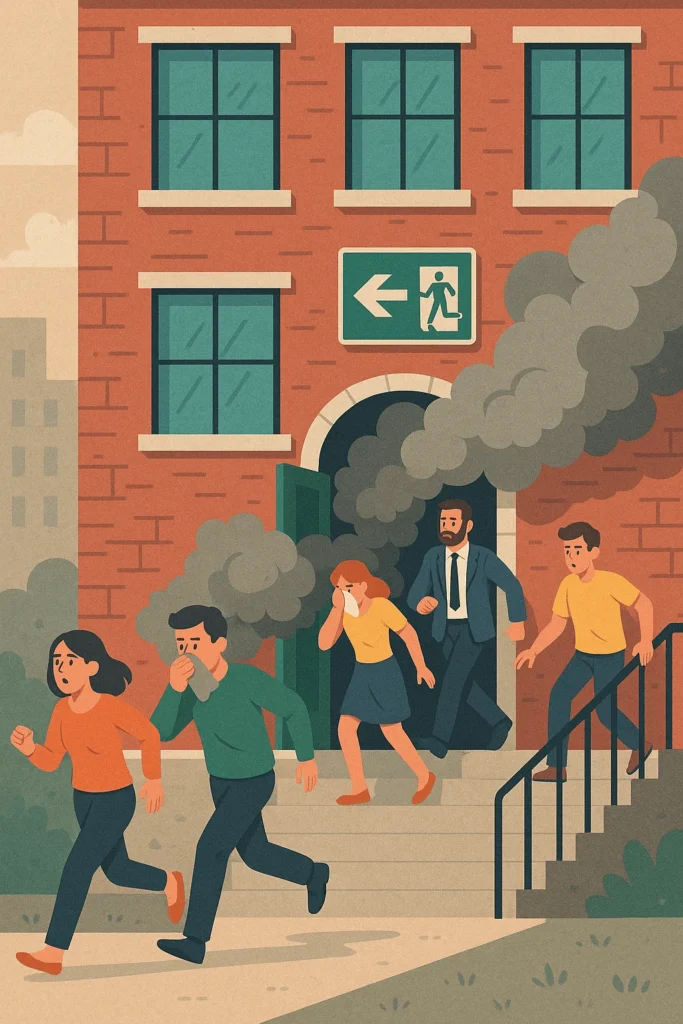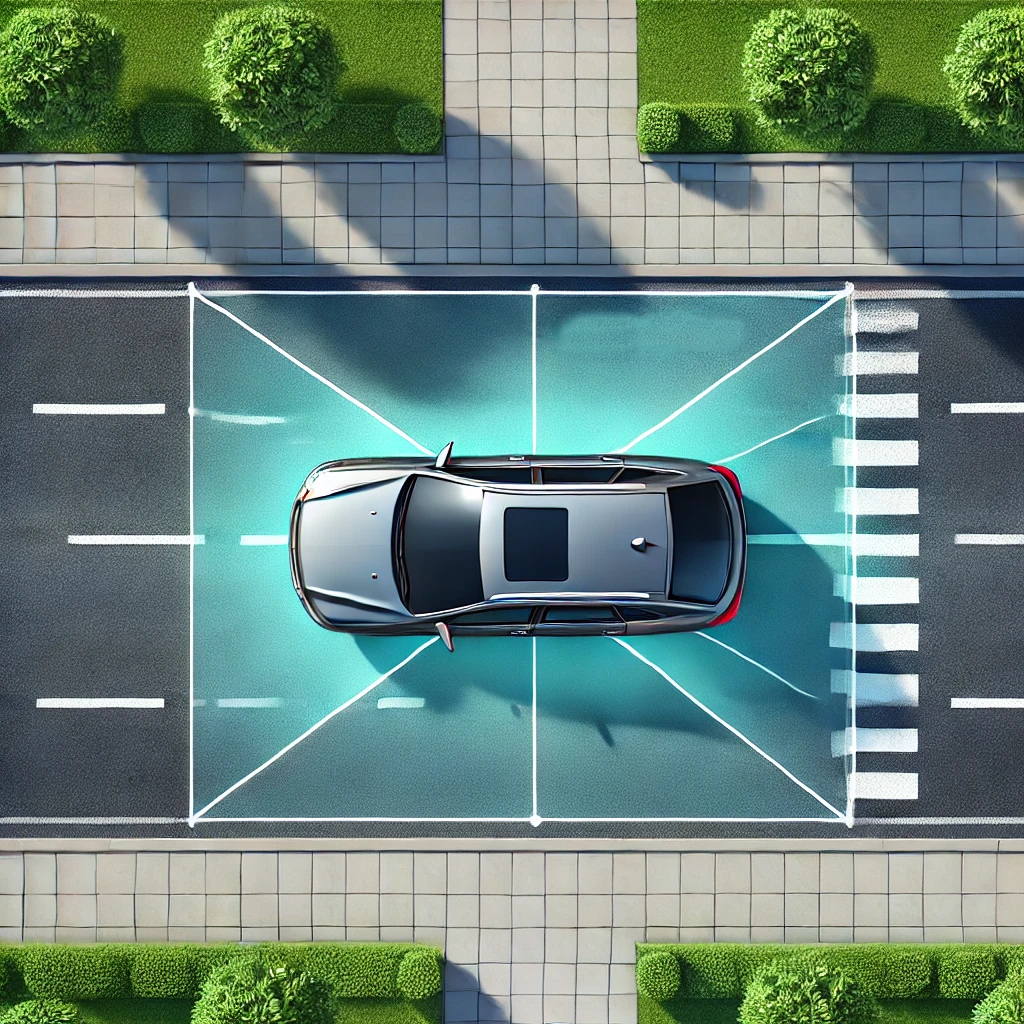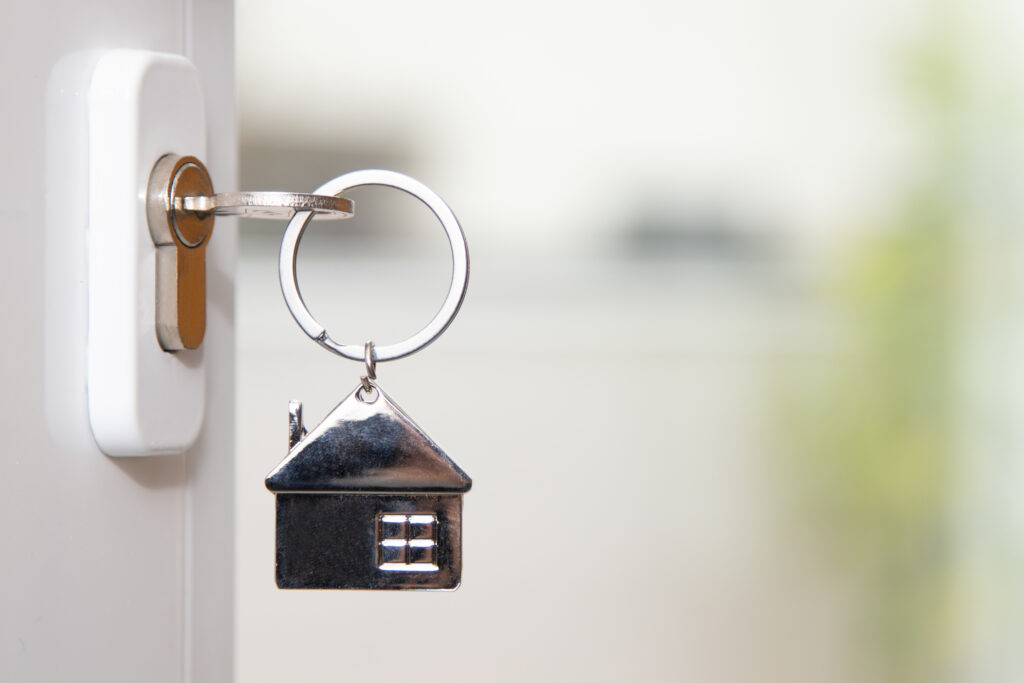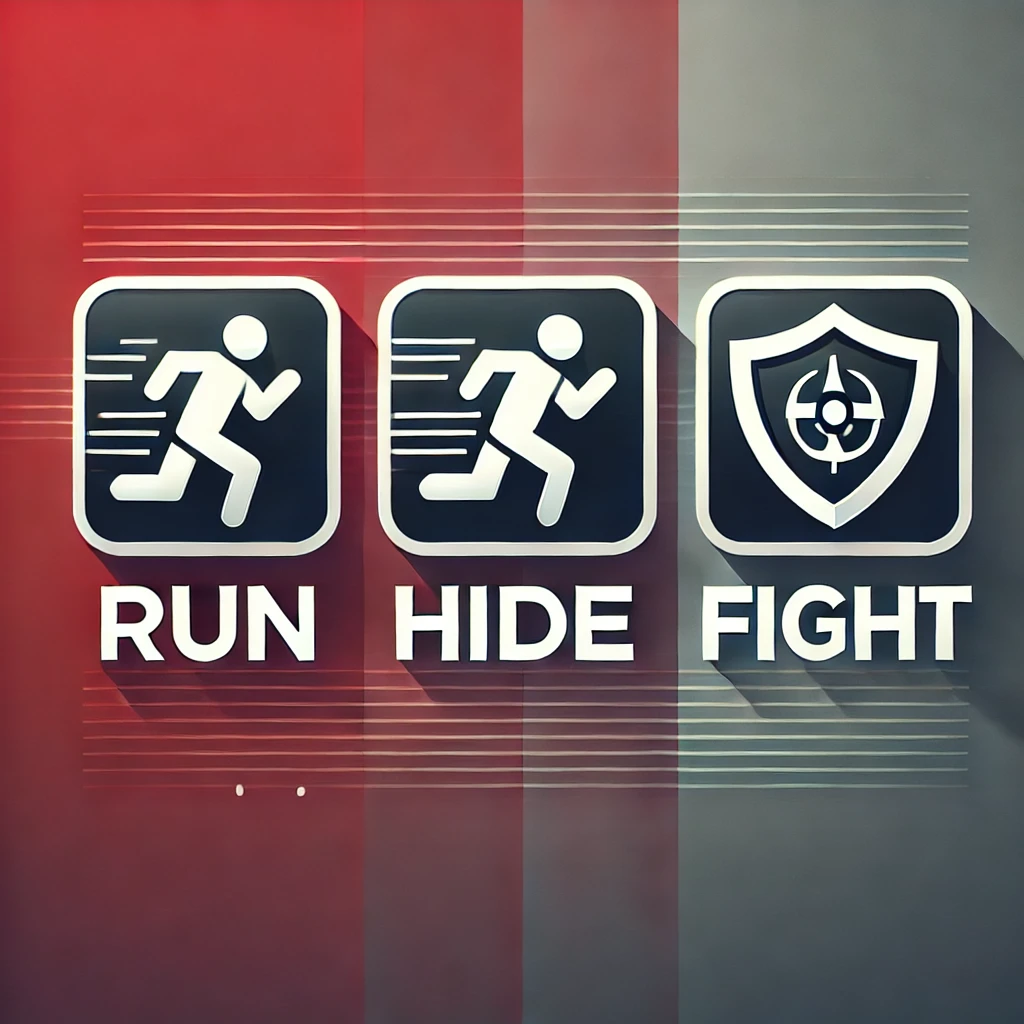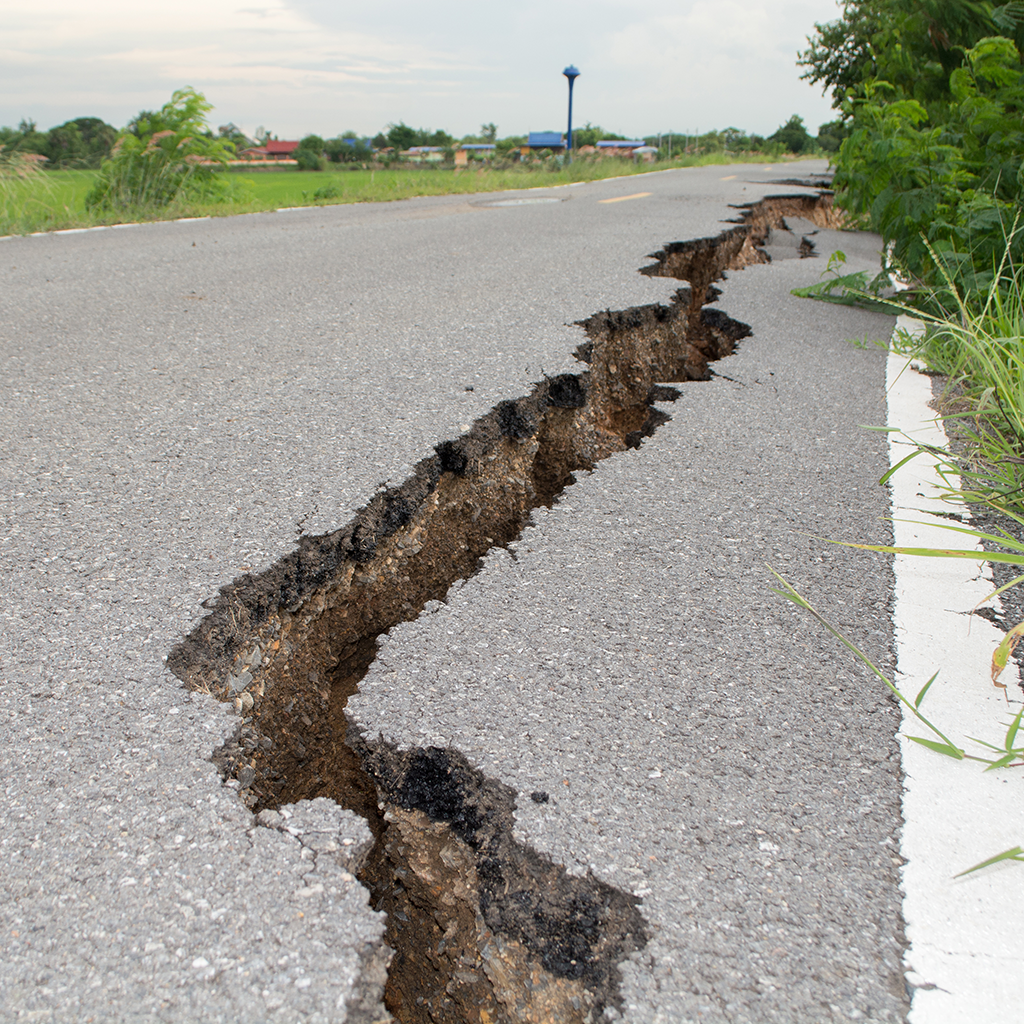Situational awareness refers to the skill of perceiving, processing, and acting upon information in your environment. It involves not just seeing and hearing what’s around you, but also interpreting subtle cues—whether they stem from body language, unexpected changes in routine, or unfamiliar circumstances. Picture a superhero who seems to know danger is approaching before anyone else does; that’s situational awareness in action, albeit on a fictional scale.
In the real world, we don’t have superpowers, but we do have the capacity to train our senses and our minds to remain vigilant. This vigilance isn’t about living in fear; rather, it’s about achieving a balanced state of readiness. When you’re aware of your surroundings, you can detect potential threats more quickly, make informed decisions, and respond to hazards before they escalate into emergencies.
Situational awareness isn’t a fixed attribute you either have or don’t have. Instead, it’s a skill that develops over time with deliberate practice. From mindful observation to continuous learning, the goal is to cultivate a mindset where you’re consistently attuned to what’s going on, whether you’re walking down a busy street, navigating an unfamiliar neighborhood, or simply commuting to work.
For more information on the principles of awareness and personal safety, consider visiting the U.S. Department of Homeland Security’s “If You See Something, Say Something” campaign page. It provides useful guidelines on how to stay alert and when to report suspicious behavior.
Why Situational Awareness Matters
Situational awareness matters because it serves as a cornerstone of personal safety and well-being. In a world where distractions are rampant, cultivating this skill can mean the difference between avoiding a dangerous situation and stumbling into harm’s way. Below, we delve into the key reasons why situational awareness is vital, and how it can transform the way you approach everyday life.
Prevents Accidents and Injuries
One of the most immediate benefits of situational awareness is its power to prevent accidents. When you’re mentally present and attentive to your surroundings, you’re less likely to walk into oncoming traffic, trip over hazards, or fail to notice other potential threats. For instance, while crossing a busy street, you’ll scan for turning vehicles, speeding cars, and distracted drivers. When driving, you’ll check your mirrors more often and remain cautious of sudden stops or lane changes. These simple habits dramatically reduce your risk of collisions or mishaps.
Consider how many accidents occur because someone was texting on their phone, listening to loud music, or daydreaming. These seemingly minor lapses in attention can lead to serious injuries. With consistent situational awareness, you train your brain to stay focused on the present moment, noticing subtle cues—like a car door opening unexpectedly or a bicyclist weaving through traffic. By reacting quickly and appropriately, you’re able to sidestep potential dangers.
Protects Against Crime
Criminals often look for easy targets: individuals who appear distracted, lost, or unaware of their surroundings. When you exhibit strong situational awareness—by walking confidently, keeping your head up, and scanning the environment—you reduce the likelihood of being singled out. A would-be attacker is far less likely to approach someone who seems alert and prepared to react.
In addition to deterring potential attackers, situational awareness can help you spot suspicious behavior early. Perhaps you notice someone following you at a distance, or you sense unusual activity in a parking lot. These observations give you time to change your route, move to a safer area, or call for help before a confrontation occurs. By recognizing the warning signs of criminal activity, you can avoid becoming a victim.
For crime prevention tips and statistics, you can explore the Federal Bureau of Investigation’s Scams and Safety page, which provides guidance on avoiding various forms of crime and fraud.
Enhances Personal Security in the Digital Age
Situational awareness isn’t limited to physical spaces. In today’s interconnected world, you also need to be mindful of your online presence. Sharing personal details on social media, clicking suspicious links, or oversharing in public forums can put you at risk of identity theft or cyberattacks. By extending your awareness to the digital realm, you become more cautious about what you post, how you manage your privacy settings, and whom you interact with online.
This comprehensive approach to security ensures that you’re protected both on the street and in cyberspace. In an era where cybercrime is increasingly sophisticated, staying vigilant about the information you reveal—and where you reveal it—is crucial. Recognizing phishing attempts, questionable downloads, or suspicious friend requests can save you from data breaches and financial losses.
Improves Decision-Making
Every day, you’re faced with countless decisions, some trivial and others potentially life-altering. When you cultivate situational awareness, you collect more relevant information from your environment, allowing you to make better-informed choices. Whether it’s deciding which route to take home, whether to engage with a stranger who seems agitated, or how to respond to a sudden emergency, situational awareness gives you a critical advantage.
In a moment of crisis, panic is less likely to overwhelm you because you’ve been mentally preparing for unexpected situations. You’ll be more adept at weighing the pros and cons, determining the safest course of action, and executing that plan with confidence. This heightened level of preparedness can also benefit your personal and professional life, as you become more attuned to opportunities, risks, and potential outcomes.
Increases Confidence and Reduces Anxiety
Walking through life with the knowledge that you can detect threats and handle them effectively fosters a deep sense of self-assurance. This confidence not only makes you more resilient but also reduces anxiety. When you trust your ability to remain safe, you’re less likely to worry excessively about potential dangers. Instead, you can focus on the present and engage more fully with the people and activities you enjoy.
Confidence gained from situational awareness also spills over into other areas of life. You might find yourself more comfortable speaking up in groups, taking on leadership roles, or exploring unfamiliar places. In many ways, being secure in your environment frees up mental and emotional energy that can be channeled into personal growth and exploration.
Saves Time and Boosts Productivity
Although it might seem counterintuitive, staying alert can actually save you time in the long run. By proactively avoiding accidents, navigating traffic efficiently, and managing risks effectively, you’re less likely to face the setbacks that arise from emergencies. Instead of dealing with the aftermath of a mishap—be it a collision, a theft, or a crisis—you can maintain your daily routine with minimal disruption.
Moreover, when your mind is not constantly bogged down by fears of potential dangers, you can focus better on tasks at hand. This mental clarity can lead to increased productivity, as you’re more present and engaged in your work or personal projects. Over time, these incremental benefits accumulate, allowing you to accomplish more while expending fewer resources on damage control.
Tips for Developing Situational Awareness
Now that we’ve established why situational awareness is so important, let’s explore how to cultivate it. While there are many strategies, the underlying principle is to stay mentally present and receptive to what’s going on around you. Below are key methods you can integrate into your daily routine, each designed to bolster your ability to recognize and respond to potential threats.
Stay Mentally Present
A major obstacle to situational awareness is mental distraction. Our smartphones, for instance, are constant companions that can divert attention away from the world around us. By choosing to limit phone use when you’re out and about—particularly when crossing streets or walking through busy areas—you’ll naturally become more alert. Lowering the volume on your headphones or turning off notifications can also help you stay connected to your environment.
Another way to remain mentally present is to periodically pause and take stock of your surroundings. Ask yourself: Who is around me? What are they doing? Are there any unusual noises, sights, or smells? This simple mental checklist can keep you engaged, ensuring you don’t drift into autopilot mode. Whether you’re on public transport, in a shopping mall, or simply waiting at a traffic light, a brief scan of your environment can reveal valuable information.
Trust Your Instincts
Humans have evolved over thousands of years to detect threats, even if we can’t always articulate the reasons behind our feelings. When something or someone makes you uneasy, pay attention. That gut feeling often arises from subtle cues your subconscious mind has picked up on—cues you may not have consciously registered.
Acting on your instincts doesn’t mean you should live in paranoia. Rather, it’s about acknowledging that your internal alarm system might be trying to tell you something important. If you feel uneasy about a particular route or situation, opt for a safer alternative if possible. If you sense that a conversation is taking a troubling turn, extricate yourself politely but firmly. It’s better to err on the side of caution than to ignore a valid warning sign.
Practice Mindfulness
Mindfulness involves anchoring your thoughts in the present moment, free from judgment. This practice can be as simple as focusing on your breath for a few seconds or observing the physical sensations of your body. By grounding yourself in the here and now, you sharpen your senses and become more receptive to your surroundings.
Activities like yoga, meditation, or nature walks can further develop mindfulness. These practices train you to be aware of internal and external stimuli, enhancing your overall capacity for situational awareness. Even a few minutes of mindful breathing each day can significantly improve your focus and help you remain calm under pressure.
Recognize Body Language and Behavioral Cues
Nonverbal communication often reveals more about a person’s intentions than their words do. Learning to interpret body language—such as fidgeting, avoiding eye contact, or clenching fists—can provide early warnings of stress, fear, or aggression. Similarly, if someone is scanning the area nervously, trying to conceal their face, or acting in a way that doesn’t match the setting, it may be worth paying closer attention.
Observing these cues doesn’t mean jumping to conclusions. Rather, it’s about gathering information that can guide your decisions. For instance, if you see someone pacing around a car in a parking lot, appearing tense or uneasy, you might choose to keep your distance, alert a security guard, or wait until the situation resolves before approaching your own vehicle.
Have a Plan and a Contingency Plan
Whether you’re heading to a new city, attending a crowded event, or working in a multi-story building, planning ahead is crucial. Familiarize yourself with exits, emergency protocols, and safe routes. If you’re at a large gathering, note the location of security personnel, first aid stations, and restrooms. These small acts of preparedness can be invaluable if a crisis arises.
However, even the best plans can go awry, so always have a backup. Think of alternative escape routes, consider what you’d do if your phone battery died, or know who you’d contact if you needed help. Having a contingency plan ensures that you remain flexible and composed, no matter what curveballs life throws your way.
For further guidelines on planning for emergencies and contingencies, check out the Federal Emergency Management Agency (FEMA). FEMA offers detailed advice on creating personalized emergency plans, building supply kits, and staying informed about potential hazards.
Stay Informed
Knowledge is power, and staying informed about potential risks in your area can help you maintain a high level of awareness. Keep an eye on local news, weather reports, and community alerts. If you’re traveling abroad, research common scams or security issues in your destination. By understanding the types of threats that exist, you can tailor your situational awareness to address those specific concerns.
Staying informed also extends to understanding general safety practices. For example, if you work in a building with multiple floors, you might take the time to walk the stairwell instead of relying solely on the elevator. This gives you a sense of the building’s layout, where emergency exits are located, and how quickly you can reach the ground floor if needed.
“Stay Alert, Stay Alive”
A phrase often heard in the US military is “Stay Alert, Stay Alive.” This succinct motto encapsulates the essence of situational awareness: staying alert to your environment is the first step in preserving your life and the lives of those around you. It’s a reminder that vigilance is a continuous process, not a one-time effort. Even in peaceful settings, complacency can set in, making it easier for accidents or malicious acts to catch you off guard.
In many ways, “Stay Alert, Stay Alive” is about fostering a culture of preparedness and accountability. You take responsibility for your own safety and, in doing so, also help safeguard your community. When more people practice situational awareness, neighborhoods become less vulnerable to crime, workplaces become safer, and public events proceed more smoothly. It’s a collective effort that starts with individual actions.
Final Thoughts on Mastering Situational Awareness
In a society brimming with constant notifications, busy schedules, and an array of digital temptations, situational awareness is both an art and a discipline. It involves retraining your mind to remain present, trust your instincts, and interpret the world with a critical eye. Far from promoting paranoia, it encourages a proactive stance toward personal safety—one that can prevent accidents, deter crime, and enhance overall well-being.
Beyond immediate safety benefits, situational awareness offers a range of advantages, from better decision-making and increased confidence to time savings and productivity gains. When you consciously choose to tune into your environment, you build resilience against life’s uncertainties. This resilience isn’t just about avoiding danger; it’s also about opening your eyes to opportunities you might otherwise overlook.
Remember that developing situational awareness is an ongoing journey. You don’t need to overhaul your life overnight; instead, start with small changes. Put your phone away during your commute, pay attention to your instincts when something feels off, or practice a short mindfulness exercise each morning. Over time, these incremental steps will sharpen your senses and strengthen your ability to respond effectively to whatever challenges come your way.
If there’s one takeaway from this exploration, let it be this: situational awareness is your ally in an ever-changing world. By staying alert, you truly stay alive—both literally and metaphorically. You navigate life’s roads with greater ease, confidence, and peace of mind, knowing you’ve done everything in your power to protect yourself and those you care about. Ultimately, that sense of empowerment is what makes situational awareness a tool worth cultivating, day in and day out.


